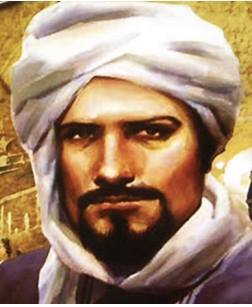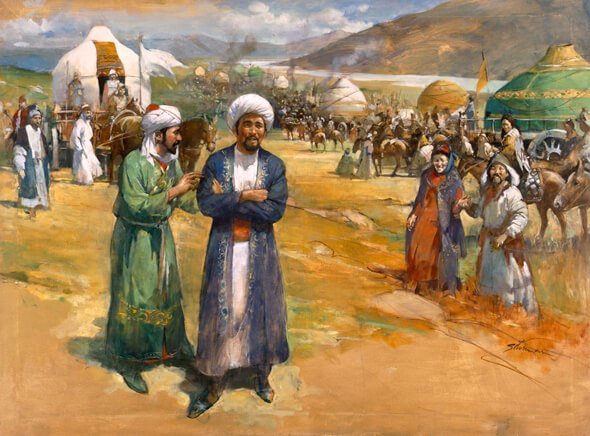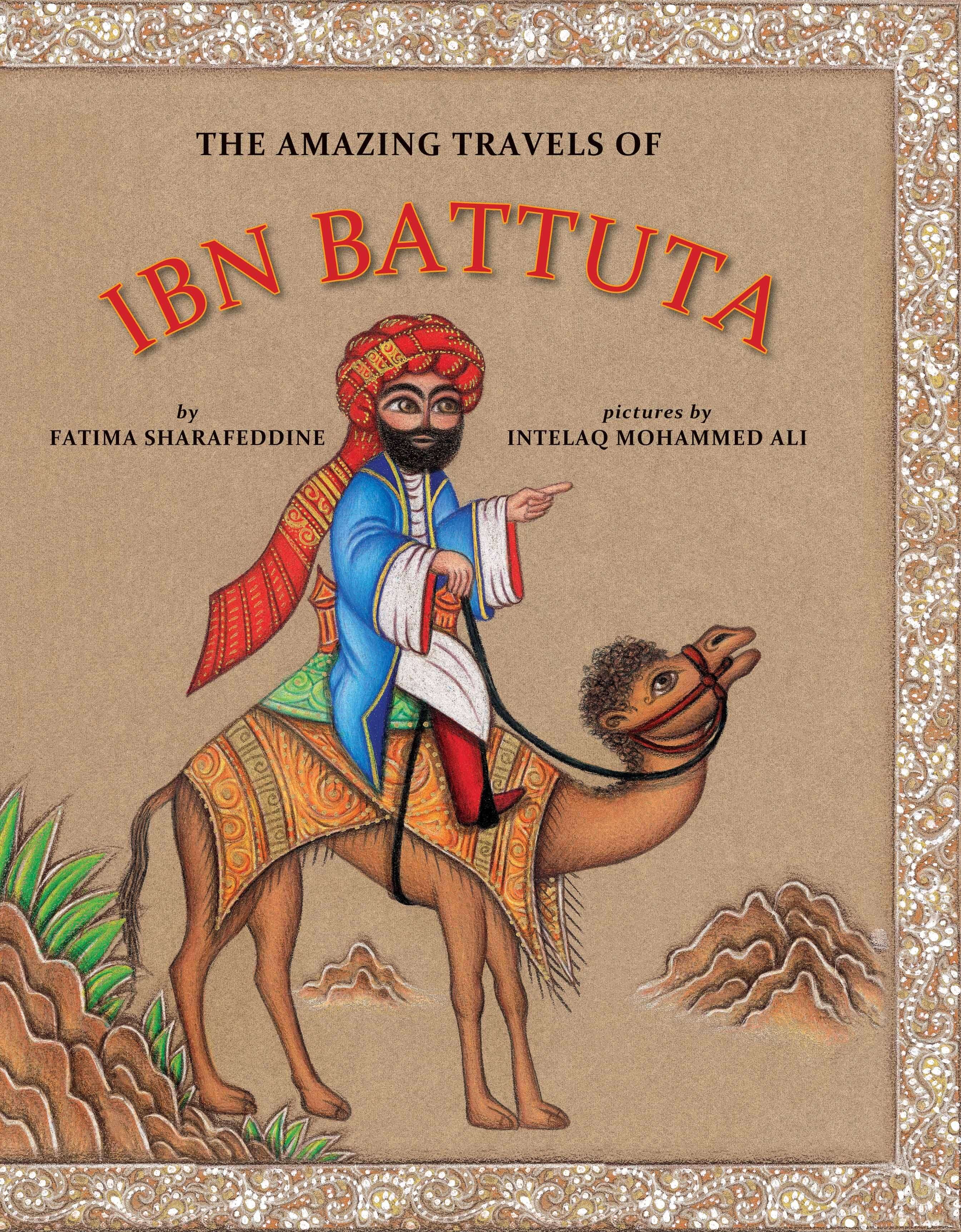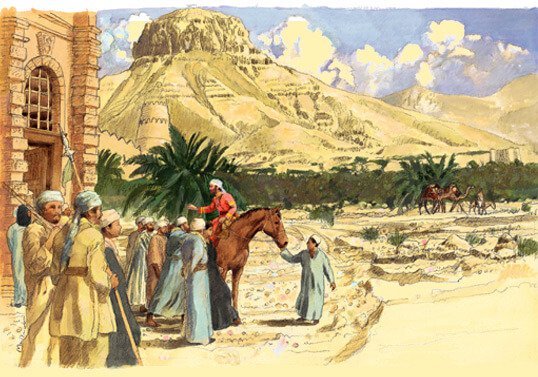These days, everyone has travel goals and a bucket list full of favourite destinations to visit. We plan our vacation much ahead of our holidays and thanks to the internet and globalisation, we pretty much know what to expect when we land there. But imagine how travelling would have been like in the middle ages, at a time when no modern means of communication or transportation were developed.
Centuries ago, when the concept of travelling only meant going for religious activities, there was a man whose desire to explore distant lands made him one of the greatest travellers to have ever existed.

Ibn Battuta was only 21-year-old when he set out on a voyage.
Born in Tangier in Morocco in 1304, he belonged to a family of Qadis (judges) and received an education in Islamic law. On his first voyage, when he was only 21, he joined a caravan going for Hajj. But driven by a spirit of adventure, he didn’t return home and decided to travel further and explore far away foreign lands.

Towards the end of 1332, Ibn Battuta came to India via Afghanistan. India was then ruled by Muhammad bin Tughluq, who gave him a warm welcome. The Sultan also made him the Qadi and later appointed him as the ambassador to China. While he was on his way to Port Cambay on the Gujarat coast, bandits attacked his convoy and Ibn Battuta got caught. But somehow, he managed to give them a slip and reached his group in two days.

His ship nearly sank on his way to China
While on his way to China, the ships that carried the members got caught in a storm and the pirates attacked them in Calicut. Battuta somehow escaped and safely made his way back to Calicut, where he stayed for a few days and then boarded a Chinese junk that took him to his destination.

Rihla, his greatest book, describes his travels extensively
After he returned home, the Marinid ruler of Morocco, Abu Inan Faris, persuaded him to document his travel experience. On his insistence, Ibn Battuta dictated his journeys to Ibn Juzayy, a scholar who wrote the account for him. Rihla is the only book that chronicles his journeys. It also describes that Ibn Battuta got married at least 10 times during his travel, leaving his many children growing up in parts of Africa, Europe, and Asia.
Although the correct date is debated, it is believed that Ibn Battuta returned to his home in Tangier in 1349. He had been away from his family for a long time and only a few months before his return, his mother died of plague, while his father had passed away 15 years earlier.

















